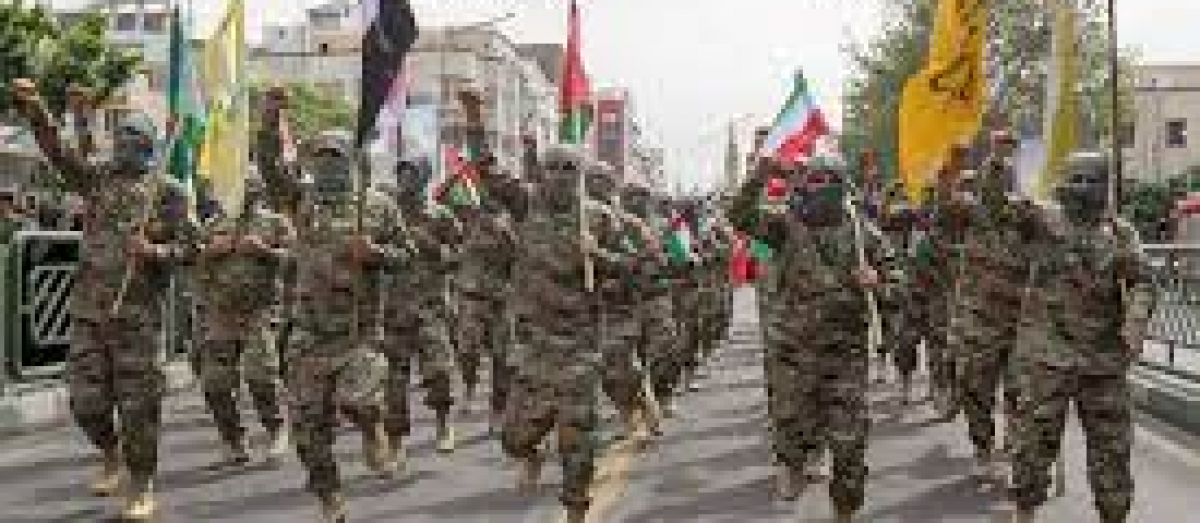In a surprising turn of events, Iran and Saudi Arabia have initiated talks, breaking from historical tensions and signaling a potential shift in the geopolitics of the Middle East. While the primary focus of these talks is the bilateral relationship between the two nations, there is a notable ripple effect on the broader regional landscape, particularly concerning the Israeli-Palestinian conflict.
Diplomatic Breakthrough: Iran-Saudi Talks Unveiled
The talks between Iran and Saudi Arabia represent a diplomatic breakthrough, with both nations acknowledging the need for dialogue to address longstanding grievances. While the discussions are primarily centered on regional security and cooperation, there is a palpable impact on the larger geopolitical dynamics of the Middle East.
Israeli-Palestinian Conflict: A Shared Concern
One of the noteworthy aspects of the talks is the indirect but significant influence on the Israeli-Palestinian conflict. Both Iran and Saudi Arabia have historically played roles in the broader regional dynamics surrounding this conflict, albeit from opposing sides. The talks provide a platform for potential collaboration on addressing shared concerns related to the Israel-Palestine issue.
1. De-escalation in Proxy Conflicts:
Historically, Iran and Saudi Arabia have been involved in proxy conflicts across the region, with their respective allies often fueling tensions. A breakthrough in talks signifies a potential de-escalation of proxy conflicts, reducing the likelihood of these disputes spilling over and affecting the delicate balance in the Israeli-Palestinian arena.
2. Coordinated Efforts for Regional Stability:
Both nations recognize that a stable Middle East is essential for addressing broader regional challenges, including the Israeli-Palestinian conflict. By fostering diplomatic ties, Iran and Saudi Arabia may coordinate efforts to promote stability and contribute to peace-building initiatives in the region.
3. Impact on International Alliances:
The talks have the potential to reshape existing alliances in the Middle East. A cooperative approach between Iran and Saudi Arabia could influence other regional actors and impact their stance on the Israeli-Palestinian conflict. This, in turn, may create an environment conducive to international efforts for a lasting resolution.
Conclusion: A New Chapter Unfolding
As Iran and Saudi Arabia embark on these talks, the potential for positive transformations in the region, especially regarding the Israeli-Palestinian conflict, becomes evident. While challenges remain, the mere initiation of dialogue holds promise for a new chapter in Middle East diplomacy, one that could significantly impact the pursuit of peace and stability in the broader region. The world watches with anticipation as these historic talks unfold.



